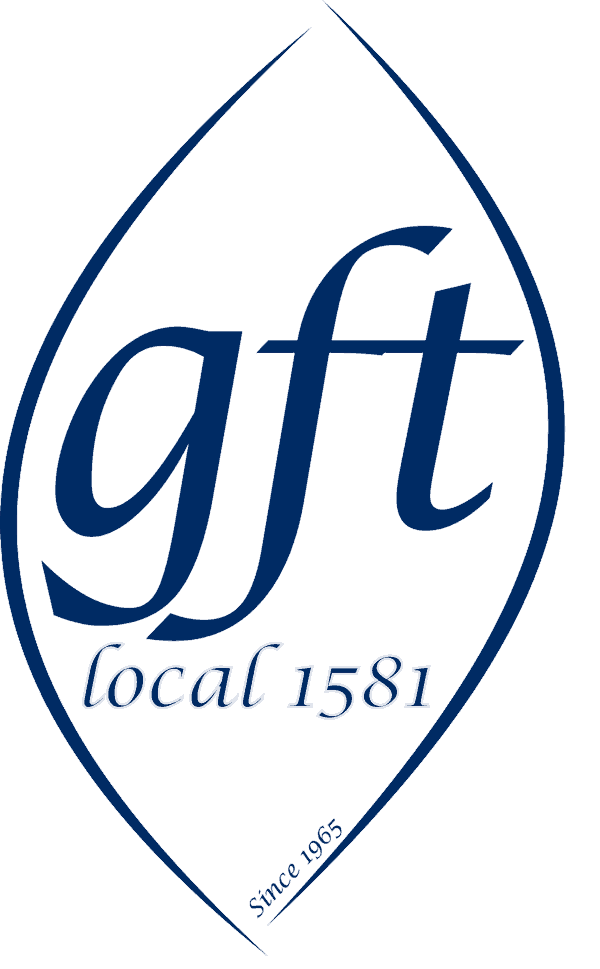In the wake of the Guam Department of Labor’s (GDOL) recent findings that nearly half of the inspected employers are noncompliant with the Fair Chances Hiring Process Act (FCHPA), the role of unions in advocating for fair hiring practices comes into sharper focus. The FCHPA, a significant legislation aimed at aiding individuals with past criminal records, seems to be facing hurdles in its practical implementation. As a union representing the voices of various professionals, including those impacted by these compliance issues, we find it imperative to dissect and address these challenges.
Key Findings and Union Members’ Experiences
The GDOL’s report is alarming: 47% of employers inspected are not adhering to a law that’s been in effect for nearly six years. This noncompliance ranges from failing to display required signage to asking for police and court clearances prematurely. As a union, we are particularly concerned as we have members who have faced adverse employment actions based solely on arrests, not convictions. This not only undermines the spirit of ‘innocent until proven guilty’ but also violates the FCHPA.
The Disconnect Between Policy and Practice
It’s evident there’s a gap between the legislation and its real-world application. Despite the GDOL’s efforts to educate businesses, the lack of awareness and implementation is evident. This gap is not just a bureaucratic oversight; it has real consequences for individuals seeking fair employment opportunities. As highlighted in the referenced article, and in our internal communications, the impact is tangible and detrimental.
Union’s Role and Recommendations
- Advocacy for Awareness: We must intensify our efforts to raise awareness about the FCHPA. This involves working closely with GDOL and other agencies to disseminate information effectively.
- Support for Affected Members: The union is committed to supporting members who have been unjustly impacted by employers’ noncompliance. This includes legal assistance and advocating for their rights in cases of wrongful employment actions.
- Collaboration with Employers: We encourage a collaborative approach with employers to ensure they understand and implement the requirements of the FCHPA. This includes training sessions and workshops.
- Lobbying for Stricter Enforcement: While we acknowledge GDOL’s approach of training and warnings before imposing fines, we advocate for more stringent enforcement measures to ensure compliance.
Conclusion
The union stands firmly in support of the FCHPA and the rights it protects. We are committed to bridging the gap between policy and practice, ensuring that our members, and all employees, are treated fairly and justly. The path ahead involves concerted efforts from all stakeholders – the government, unions, employers, and the community. It’s not just about compliance; it’s about creating a fair and equitable workplace for all.

